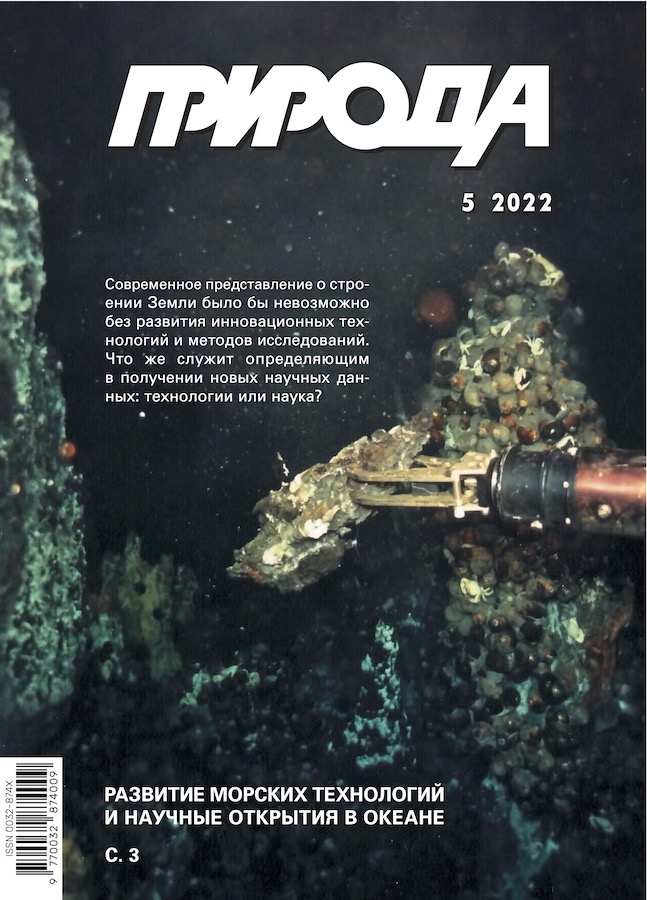From the Wind Rose to the Wildlife Geometry, or Why Count Animals
- Authors: Ravkin Y.S1
-
Affiliations:
- Institute of Systematics and Ecology of Animals, Siberian Branch of RAS
- Issue: No 5 (2022)
- Pages: 32-40
- Section: Articles
- URL: https://journals.eco-vector.com/0032-874X/article/view/627665
- DOI: https://doi.org/10.7868/S0032874X22050040
- ID: 627665
Cite item
Abstract
Biology is not bogged down, but progresses into very interesting areas. Such areas do not concern individual representatives of all creatures great and small, but are dedicated to their communities. They include general patterns of distribution of animals over the territory, their number, and dependence on environmental conditions. The article describes the terms and concepts of the modern zoogeography, the science that deals with the distribution of animals, its goals and objectives and methods for their solution, as well as information about the practical use of the obtained results. Also it shows the transition from classical biology to a geometry that seems to be completely unrelated and more than that, also unusual.
About the authors
Yu. S Ravkin
Institute of Systematics and Ecology of Animals, Siberian Branch of RAS
Email: yravkin@bk.ru
Novosibirsk, Russia
References
- Равкин Ю.С., Ливанов С.Г. Факторная зоогеография: принципы, методы и теоретические представления. Новосибирск, 2008.
- Энциклопедический словарь географических терминов. М., 1968.
- Равкин Ю.С., Цыбулин С.М., Ананин А.А. и др. Эколого-географическая организация и структура летнего населения птиц Северной Евразии. Журн. общ. биол. 2022; в печати.
- Равкин Ю.С. Птицы Северо-Восточного Алтая. Новосибирск, 1973.
- Ефимов В.М., Равкин Ю.С. Еще раз о пространственной структуре населения птиц Северо-Восточного Алтая. Новосибирск, 1980.
- Катунский проект: проблемы экспертизы. Новосибирск, 1990.
- Равкин Ю.С. Пространственная организация населения птиц лесной зоны. Новосибирск, 1984.
- Мандельброт Б. Фрактальная геометрия природы. М., 2002.
- Хайтун С.Д. Механика и необратимость. M., 1996.
Supplementary files









